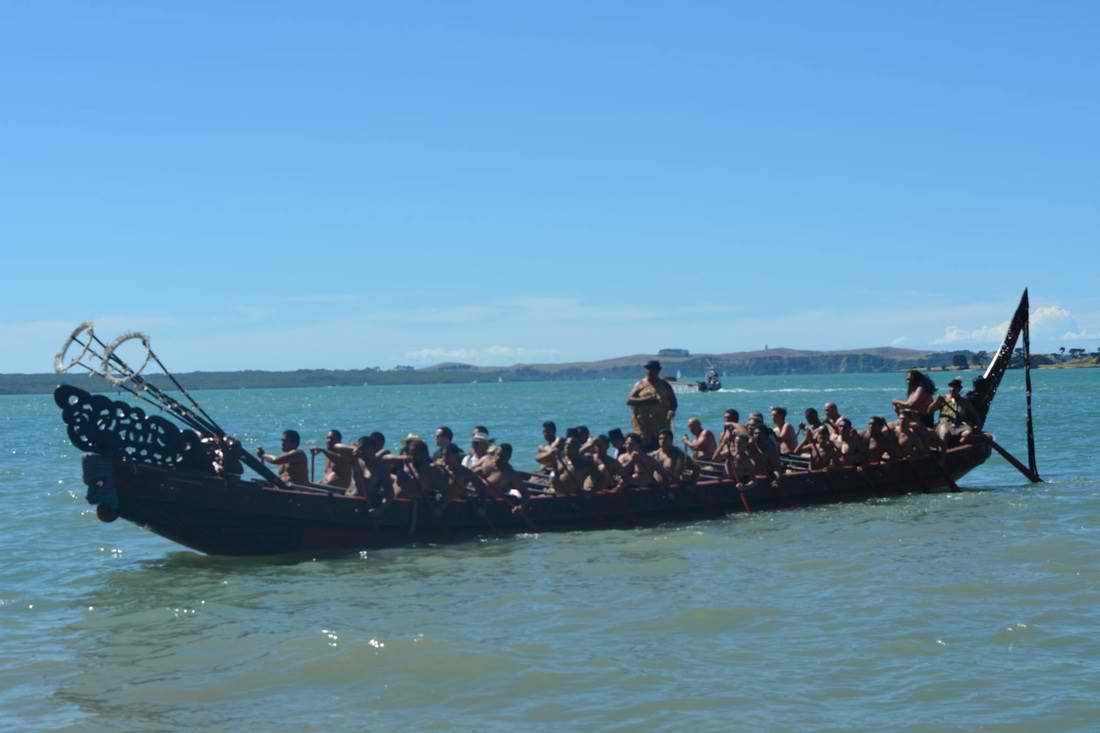

In a three-year transition period, it recruited key staff and established a governance framework. Ngai Tahu has said its settlement would have been a disaster had the iwi not set itself up properly. Tainui people had also inherited a complex tribal system and the transition to new management styles was huge, he said. For instance, Ngai Tahu suffered nowhere as greatly as Tainui in the 19th century and the iwis' different histories affected how they coped. The reasons some settlements succeeded and others did not were complex. A senior lecturer in Maori Business Development at Auckland University, Manuka Henare, said people did not appreciate the extreme difficulty of managing settlements and expected far too much. Tainui was the first tribal group in New Zealand to be tossed into the uncharted waters of a major treaty settlement. And while it is tempting to contrast the fortunes of the prosperous South Island iwi Ngai Tahu ($170 million settlement, 1998) with the travails of Tainui ($170 million, 1995), the packages were made up of quite different mixes of cash, land and rights. Even tribes willing to highlight their successes back away from public comment about others. "We decline to comment, it's our private business." Attempts to compare the woes of Tainui and apparently more successful iwi are also fraught. The chief executive of the Ngati Whatua Orakei Maori Trust Board, Tiwana Tibble, is another who objects to prying into what the Auckland-based iwi did with its part-settlement of housing and cash in 1987. Her sentiment is shared by those who do not see why Maori need to defend how they have handled settlements, which they regard as the return of stolen goods. "It's nothing to do with you," she snaps, and hangs up. But her tart response to the Herald's inquiries about what the hapu has done with a $1 million Treaty of Waitangi settlement identifies what many Maori think.

The suspicious-sounding woman on the end of the Ngati Paoa Whanau Trust's telephone in Massey doesn't identify herself. In the final of a three-part series, ANGELA GREGORY finds many factors at work.

The Trust Board will continue to define the tribal vision and uplift our ability to forge enduring partnerships and alliances.Some treaty settlements are producing better results than others. The Long Term Plan is set to grow another life of its own with a new energy, and dynamics that are driven from within the hearts and minds of our people. The Trust Board is the most appropriate representative for Ngati Paoa and to ensure that its cultural values and interests are protected and preserved for future generations.Īt the same time Ngati Paoa’s shared understanding of the values of manaakitanga, whanaungatanga and Whakapapa that connect our past, present and future keep us in step with our destiny as we strive towards Treaty settlements at a wider level, while enhancing our marae for the well being of our people at a place called home – te hau kainga. The Trust Board and the iwi is currently on the threshold of new challenges that continually press us towards kotahitanga, a unified sense of purpose that redefines our enduring commitment to our Ngati Paoatanga.


 0 kommentar(er)
0 kommentar(er)
